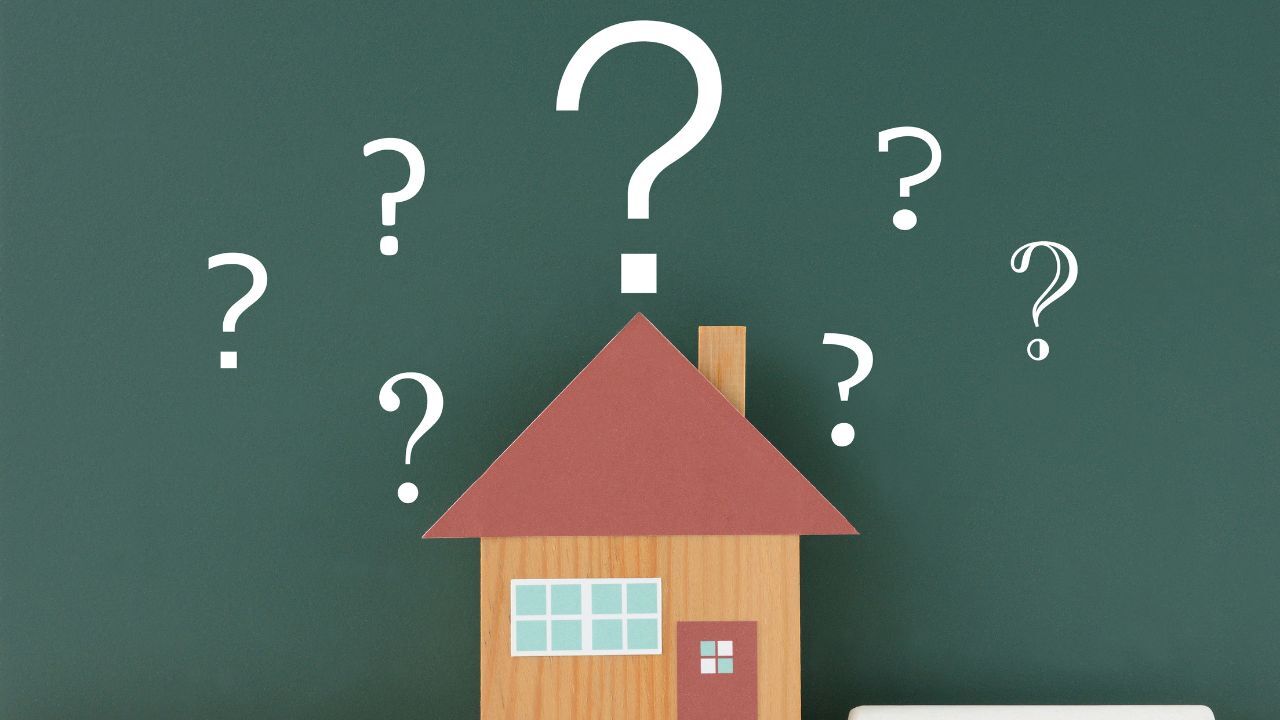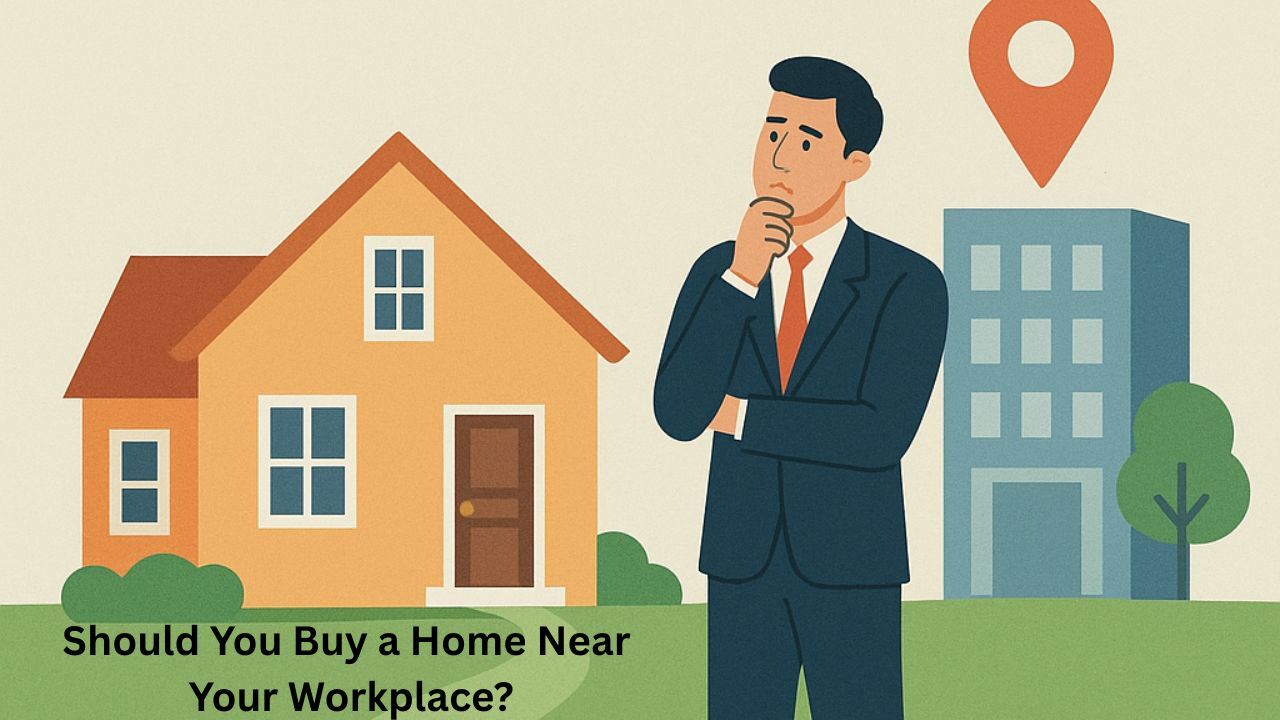 Buying a home is exciting, but the process comes with important legal documents that require careful attention. Your home purchase agreement is one of the most critical papers you will sign, outlining the terms of your offer, contingencies, and obligations as a buyer. Understanding this agreement ensures you protect your interests, avoid surprises, and navigate the transaction with confidence.
Buying a home is exciting, but the process comes with important legal documents that require careful attention. Your home purchase agreement is one of the most critical papers you will sign, outlining the terms of your offer, contingencies, and obligations as a buyer. Understanding this agreement ensures you protect your interests, avoid surprises, and navigate the transaction with confidence.
Key Sections of a Home Purchase Agreement
A typical home purchase agreement includes the property details, purchase price, and financing terms. It specifies deadlines for inspections, appraisals, and closing, as well as contingencies that allow buyers to withdraw under certain conditions. Additionally, it outlines responsibilities for repairs, disclosures, and any included personal property. Familiarizing yourself with these sections helps you know exactly what is expected and reduces the risk of misunderstandings.
Understanding Contingencies
Contingencies are clauses that protect buyers from unforeseen issues. Common contingencies include financing, inspection, appraisal, and title. Each contingency has a specific timeline and conditions that must be met. Understanding how these contingencies work and the consequences of not meeting them is critical to avoiding costly mistakes. Your agent can explain how to structure these clauses to maximize protection while keeping your offer competitive.
Reviewing Terms and Obligations
Pay close attention to deadlines, penalties, and obligations outlined in the agreement. This includes earnest money deposits, home warranties, and closing costs. Ensure that all verbal promises made during negotiations are included in writing. Carefully reviewing these details prevents surprises and provides clarity on what is required of both parties throughout the transaction.
Tips for Buyers
Always read the agreement thoroughly and ask questions about anything unclear. Working with a knowledgeable real estate agent or attorney can help identify potential risks and ensure your interests are protected. Do not rush the process, as understanding your rights and responsibilities is essential for a smooth closing.
A home purchase agreement is more than a formality. By reading carefully, understanding contingencies, and clarifying obligations, buyers can navigate the transaction confidently, protect their investment, and move into their new home with peace of mind.
 When buying a home, understanding the role of an earnest money deposit can make the difference between a smooth transaction and unnecessary stress. Earnest money shows a seller that you are serious about purchasing their property, and it often plays a key role in negotiating and securing your dream home. Knowing how it works, how much to offer, and what can happen to your deposit is essential for any buyer.
When buying a home, understanding the role of an earnest money deposit can make the difference between a smooth transaction and unnecessary stress. Earnest money shows a seller that you are serious about purchasing their property, and it often plays a key role in negotiating and securing your dream home. Knowing how it works, how much to offer, and what can happen to your deposit is essential for any buyer. When buying a home, it is natural to focus on the property itself, from layout to finishes and outdoor space. However, many real estate experts agree that the neighborhood can be just as important, if not more so, in determining your long-term happiness, property value, and lifestyle. Understanding the interplay between the home and its surroundings can help buyers make informed decisions that balance both priorities.
When buying a home, it is natural to focus on the property itself, from layout to finishes and outdoor space. However, many real estate experts agree that the neighborhood can be just as important, if not more so, in determining your long-term happiness, property value, and lifestyle. Understanding the interplay between the home and its surroundings can help buyers make informed decisions that balance both priorities. Buying a home can be stressful, especially in competitive markets. Knowing when a seller is motivated to sell can give you a strategic edge, allowing you to make offers that are more likely to be accepted while potentially saving money. Understanding the signs of a motivated seller and how to approach the situation can help buyers navigate negotiations confidently.
Buying a home can be stressful, especially in competitive markets. Knowing when a seller is motivated to sell can give you a strategic edge, allowing you to make offers that are more likely to be accepted while potentially saving money. Understanding the signs of a motivated seller and how to approach the situation can help buyers navigate negotiations confidently. The final walkthrough is one of the last steps before closing on your new home. It may feel like a formality, but it serves an important purpose. This is your chance to confirm that everything is in the condition you agreed to and that the home is truly ready for you to move in. Knowing what to expect can help you approach this step with confidence.
The final walkthrough is one of the last steps before closing on your new home. It may feel like a formality, but it serves an important purpose. This is your chance to confirm that everything is in the condition you agreed to and that the home is truly ready for you to move in. Knowing what to expect can help you approach this step with confidence. Your home is likely one of your most valuable investments, which is why understanding home appraisals is essential. Whether youíre buying, selling, or refinancing, knowing what an appraisal involves can help you make informed decisions.
Your home is likely one of your most valuable investments, which is why understanding home appraisals is essential. Whether youíre buying, selling, or refinancing, knowing what an appraisal involves can help you make informed decisions. When buyers walk into a home, their attention is often drawn to one particular space more than any other, the kitchen. It is no coincidence that real estate professionals often call the kitchen the heart of the home. Beyond its practical function, the kitchen carries emotional and psychological weight that can influence a buyer’s decision more than any other room.
When buyers walk into a home, their attention is often drawn to one particular space more than any other, the kitchen. It is no coincidence that real estate professionals often call the kitchen the heart of the home. Beyond its practical function, the kitchen carries emotional and psychological weight that can influence a buyer’s decision more than any other room. Purchasing a home is one of the most significant decisions you will ever make. It is an exciting process, but it can also be overwhelming if you do not ask the right questions. Knowing what to ask can help you avoid costly mistakes and ensure that the home you choose fits your needs and budget.
Purchasing a home is one of the most significant decisions you will ever make. It is an exciting process, but it can also be overwhelming if you do not ask the right questions. Knowing what to ask can help you avoid costly mistakes and ensure that the home you choose fits your needs and budget. Deciding where to buy a home involves many factors, and proximity to your workplace is often near the top of the list. Living close to where you work can offer convenience and save time, but it also comes with pros and cons to consider. Understanding these can help you make an informed choice that fits your lifestyle and long-term goals.
Deciding where to buy a home involves many factors, and proximity to your workplace is often near the top of the list. Living close to where you work can offer convenience and save time, but it also comes with pros and cons to consider. Understanding these can help you make an informed choice that fits your lifestyle and long-term goals.